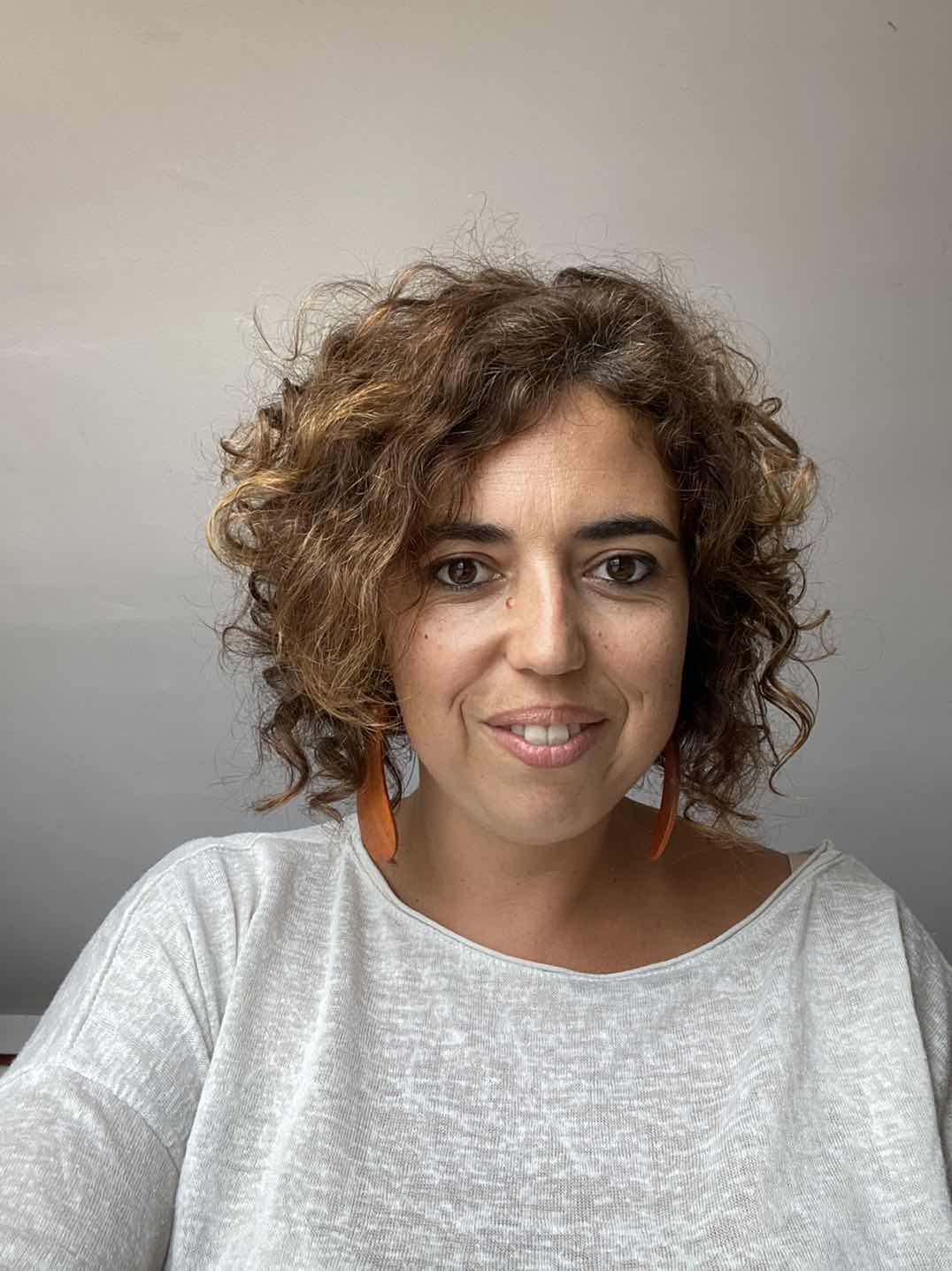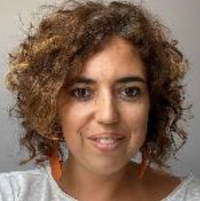
MD, MSc, Associated Professor of the University of Barcelona, Hospital Clinic researcher and International Development director at the DTI Institute. In charge of Master, post degree and degree programs coordination related with organ, tissues and cells donation and transplantation, lecturer and scientific researcher at the Faculty of Medicine, University of Barcelona since 2011. Involved in Hospital Clinic's organ donation management activities since 2006 as organ and tissue donor’s clinician and researcher. She has coordinated research projects related with living donation: EULID 2006-09, ELIPSY 2009-11and FISS “Psychosocial impact of the living donation process” 2011-13. Responsible for the Development, Implementation, Financial, Quality control, Dissemination and Sustainability actions in over 30 countries. TTS-ISN sister programs coordinator in Philippines and Sri Lanka. Responsible person and Coordinator of EU Projects: EMPODaT 2013-16, KeTLOD 2016-18, ODISSEA 2018-2020, TEODOR ongoing.Elected Council of the European Society of Organ Transplantation (ESOT) in 2021 and member of the congress scientific committee for Athens 2023.
Master education: a new era of teaching beyond COVID-19
Chloe Balleste1,2, Alba Coll2, Ricard Valero1,2, David Paredes1, Fritz Diekmann 1, Vicens Torregrosa1, Aurora Navarro 1, Ramon Adalia1, Jordi Colmenero 1, Alberto Villamor1, Eva Oliver1, Melania Istrate1,2, Ignacio Revuelta1, Martí Manyalich1,2.
1Faculty of Medicine and Health Sciences, University of Barcelona, Barcelona, Spain; 2DTI Foundation, Barcelona, Spain
Introduction: University of Barcelona together with Donation and Transplantation Institute offer since 2004 a Master degree in Donation and Transplantation. Since 2011, the program had a blended modular structure including: Donation, Transplantation, Management, Tissue Banking & Advanced Therapies, and Internship (IS). In 2020, due to COVID-19 restrictions, the program was pushed to be adapted to be fully online using innovative resources. The aim is to analyse the impact of the new tools and online teaching modality on the grades and the student’s satisfaction.
Method: The syllabus has remained stable since 2020 although the educational modality has been renewed. Until 2019, face to face training included classical theoretical sessions, simulations, clinical cases debate and group exercises. IS were face to face in associated centres located in European and American countries. Since 2020, theoretical sessions have been digitized and introduced into the virtual classroom and practical simulations have been replaced by live sessions (broadcast sets, video analysis, case debates and group exercises). New online tools, as immersive training, have been employed to substitute IS. For IS, a virtual reality tour to a simulated tertiary Spanish hospital including the different units related to donation and transplantation allows interaction with the staff and evaluation of participants through the resolution of cases that arise during the visit.
Data are organized in 2 periods for each module including IS, 2011-2019 and 2020-2021, and the grades obtained in each module and the students´ satisfaction are evaluated.
Results: In 2011-2019, the average grades were: Donation 7.7/10, Transplantation 8.2/10, Management 8.1/10, Tissue Banking & Advanced Therapies 7.6/10 and IS 9/10. And in 2020-2021 the score was 8.6/10, 7.8/10, 8.44/10, 7.9/10, 9.1/10 respectively. In 2011-2019 the Donation module has been evaluated with an average of 9.4/10, Transplantation 8.9/10, Management 8.9/10, Tissue Banking 8.9/10, IS 9.5/10 considering theoretical, practical sessions and course organization. In 2020-21 the evaluation was 9.8/10, 9.6/10, 9.2/10, 10/10, 9.2/10 taking into consideration the theoretical part, live sessions, and course organization. Comparative results indicate slight difference in the values, demonstrating stability despite the difficulties caused by the pandemic.
Conclusions: In the face of changes and restrictions caused by the pandemic the inclusion of new technologies has been essential to keep offering high quality international educational programs. Further exploring of technologies may also improve efficiency.

right-click to download
